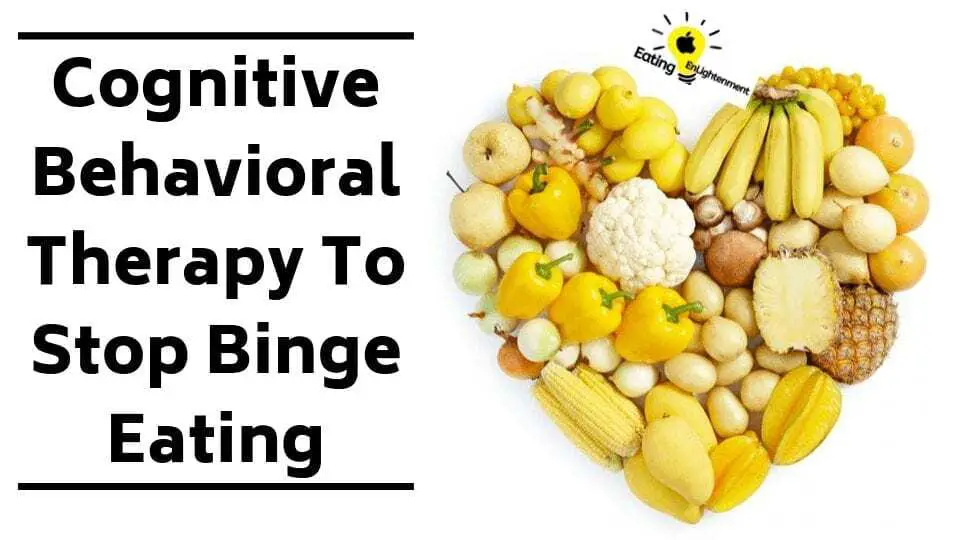Today I will be talking about cognitive behavioral therapy to treat eating disorders.
Specifically I will be focusing on how cognitive behavioral therapy to treat eating disorders can be highly beneficial for engineers, coders, programmers, and IT personal.
So if you’re a logical, left brained professional who struggles with food listen up!
Here are 3 reasons your analytical job increases your risk of food struggles:
1 – Left Brain Work Disconnects You – for your job you are always thinking, which means you are not feeling.
2 – Deadlines and Stress – you have lots of pressure to complete projects, meaning you sometimes are forced to skip meals and have low willpower at night
3 – Brilliant at Work, Not so Brilliant with Food – you have a natural strength and preference to use your thinking mind and it’s gotten you far in life, but other aspects of life require different brain muscles.
Also, if you want some of the science of Cognitive Behavioral Therapy, check out this meta-analysis here!
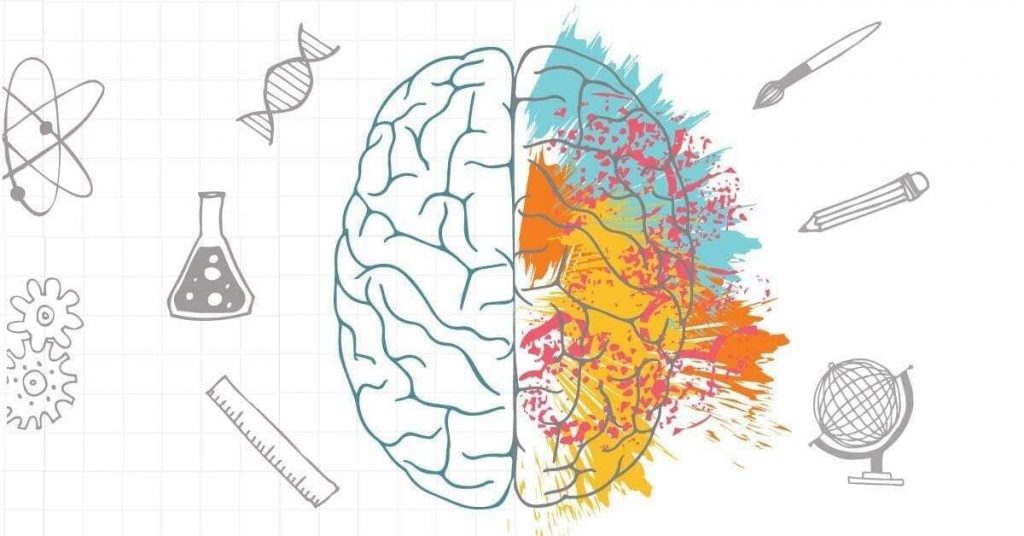
Now here are 3 reasons cognitive behavioral therapy can be amazing if you are natural thinking person:
1 – Cognitive Behavioral Therapy Is Gold Standard Therapy – cognitive behavioral therapy has the most double blind placebo controlled studies and it’s results are the best
3 – Cognitive Behavioral Therapy Is Simple and Structured – compared to other therapies, cognitive behavioral therapy is simple to understand and has a structure
Backstory – why I decided to write about the thinking/eating problem
Just recently someone scheduled a free conversation with me on my website. As I got to know their story there was one theme that I emerged.
This woman worked as a program manager. She had first started working at a tech company as a quality engineer, but had soon gotten promotions.
She had been excellent at her job and now found herself in a management role. As a woman working in a company with a majority of men she did feel a little intimated but up for the challenge.
She excelled in management as well and she put in long hours. She was well liked at her team too, she was not your typical reclusive nerd!
And a couple more years she thought she would be one of the youngest senior program managers at her company.
But there was something off….

So her professional life was glowing. Yet her relationship to food was abysmal.
How could this woman be on top of her professional life, yet struggle with food everyday?
This woman can make brilliant decisions at work, analyze spreadsheets, and hold her own at a meeting. Yet she found herself wandering the grocery store aisles in a state of self-loathing and confusion.
Being a great thinker – but not a great feeler – is a fairly common pattern.
This is why cognitive behavioral therapy to treat eating disorders is highly effective for thinking people!
She would come home at night and eat a pretty healthy dinner, but then something would always happen:
- She’d continue to eat after dinner, but this time the food would be not healthy food.
- She’d find herself eating chips and ice cream until odd hours and the night.
- This pattern had continued for years and this woman had tried all the diets out there.
Then one day this woman had a conversation with another co-worker …
Small world. Just randomly out of the blue, her co-worker reads something about cognitive therapy.
Apparently her co-worker’s younger brother was a student and had gone through CBT (cognitive behavioral therapy) for test-taking anxiety.
Before CBT, he was a nervous wreck before tests. He couldn’t take tests! He’d study, but simply wouldn’t be able to answer the questions! He’d leave most of the questions on his tests unanswered, despite having studied incredibly hard!
Nowadays after CBT he was nervous, but he wasn’t crippled because of his anxiety.
Her coworker said that the cognitive behavioral therapy approach was perfect for engineers, or at least nerdy people like her brother…
Or other people who had tons of stuff going on through the head during the day and thought a lot!
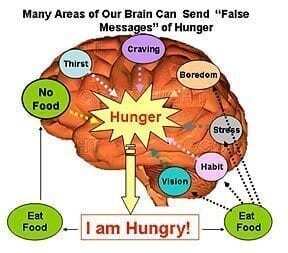
Cognitive behavioral therapy is based on the science of cognition.
Interestingly, computer science and cognitive behavioral therapy were developed and refined in the 1980s and both draw upon similar language like schemas, programs, background processing and use similar terminology.
So this woman she knew that therapy might be a good option, and she was curious to start trying cognitive behavioral therapy.
So we had our conversation, and I left feeling really struck by how someone could be so on top of their professional life but struggle so much with food.
I’d heard this story before, and I really wanted to talk about cognitive behavioral therapy, as it forms a bedrock of the training in programs that I run.
And so in this post I just want to talk about why logical, left brain professionals are at an increased risk for disordered eating patterns.
Knowing this pattern can show how cognitive behavioral therapy to treat eating disorders can be extremely useful.
For starters, I live in Silicon Valley.
And in silicon valley it seems like everyone works as an engineer, coder, programmer, IT, or some other related profession.
These professions all rely on left brain thinking. Relying on left brain thinking is one reason why these professionals are at increased risk for disordered eating.
Simply put, when you have to think all day you are thinking muscles become overdeveloped.

Imagine lifting weights but only in one arm, so your right arm is way bigger than your left arm.
It can be nice having a strong arm, but we need both arms to function in life.
As professionals and left brain fields use their thinking of mind so much, they tend to overuse their thinking mind.
This is where food comes in. Diets, meal plans, and nutritionists are almost all based on giving you logical information.
For years this woman who I talk to had tried to manage her health logically. Yet she could never stick to a diet or a plan. Something was off.
The reason she struggled was because food is more emotional than logical.
A second reason she struggled, in addition to other left brain professionals, is that work is very demanding and stressful.
Yet paradoxically, coding and left brain activities like analyzing our renowned and well-known for getting people into a state of flow.
People can code for hours or work on their math problems without losing concentration or focus.
In fact, one of the reasons this woman excelled in her job was because of her focus. She could focus for hours. And the deadlines and stress gave her extra incentivisation to focus even more.
Yet focus comes out of downside. When you focus, especially when you focus using your left brain, you disconnect from your body.
This is why I believe I see so many people from the tech field that reach out to me. They are working long hard hours in a state of concentration that disconnects them from their body. Then when they try to eat, they are a mess, because food is within the body.
They have over developed thinking skills and under developed feeling and body – eating skills.
But if you see ’emotions’ as skills you can learn … then this opens the door to successfully treating eating disorders!
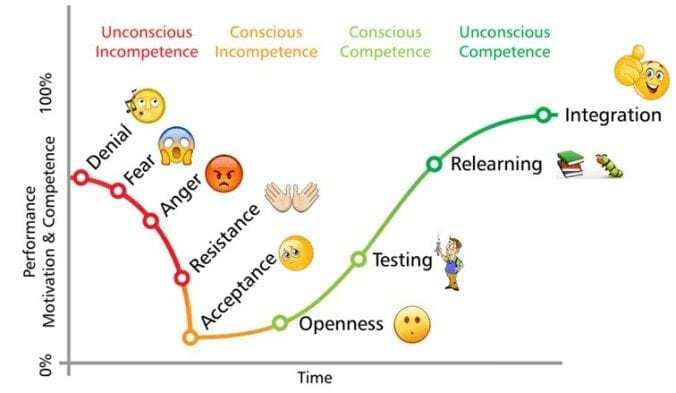
This creates many problems like been binge eating at night, distrusting your body and hating your body.
But fortunately, cognitive behavioral therapy to treat eating disorders can open the doors to a better relationship with eating and your body.
Here are a few reasons cognitive behavioral therapy is uniquely suited to help left brain professionals.
First, in cognitive behavioral therapy we examine our thoughts and belief systems. This involves analyzing. It involves recording. It involves measuring.
Second, the overall approach to cognitive behavioral therapy recognizes that beliefs inform our thoughts. Then from these beliefs, thoughts and interpretations often times occur subconsciously. From our thoughts and interpretations we take action.
Essentially we have a simple four-step process. 1) Beliefs 2) thoughts 3) interpretations – feelings 4) action.
This is a simple structure that left brain professionals can feel comfortable using and understand with relative ease.
Finally, cognitive behavioral therapy has a gold standard of treatment in Western medicine. There has been no other treatment that has been studied so expensively.
Cognitive behavioral therapy has the most double blind controlled studies of all counseling styles.
A big reason cognitive behavioral therapy has been studied so much is because it is very simple.
When a therapy is simple then it’s easy to isolate the different variables and control the results.
So if you’re looking for a simple, logical friendly, and effective therapy then cognitive behavioral therapy is a great way to go.
There are other therapies to treat eating disorders too.
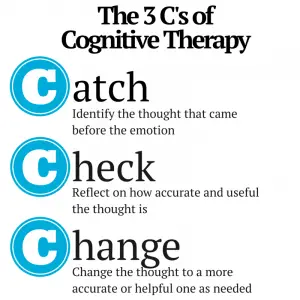
Now how does cognitive behavioral therapy actually work?
Well here’s an example that we can go through using the four step formula.
Let’s apply it to eating. You study the situation in which you eat, or overeat. If you study the situation you’ll notice certain thoughts. You might be thinking that you are overwhelmed, or that you need a break from work.
After noticing your thoughts, you can deduce your beliefs. Your beliefs might be that you need to always work hard (unskill belief) or that you can’t handle the stress at work and food will help you manage that stress (partially true belief).
With these examples we then would analyze our beliefs.
The first belief you might realize is not true. You can’t always work hard.
Yet you might have an inner belief that is guiding you to act like you always must work hard.
Once you recognize this belief it’ll give you much more freedom to choose a different course of behavior instead of eating.
The other example is more common, whereby examining our thoughts we realize that we have a belief that we cannot tolerate intense emotions and that we need food to make ourselves feel better. This belief is partially true.
However, do you really believe that food will decrease your stress? it’s something to examine.
As you examine your beliefs and thoughts you can gain freedom to take different action.
And this is what it’s like to use cognitive behavioral therapy to treat eating disorders 🙂


